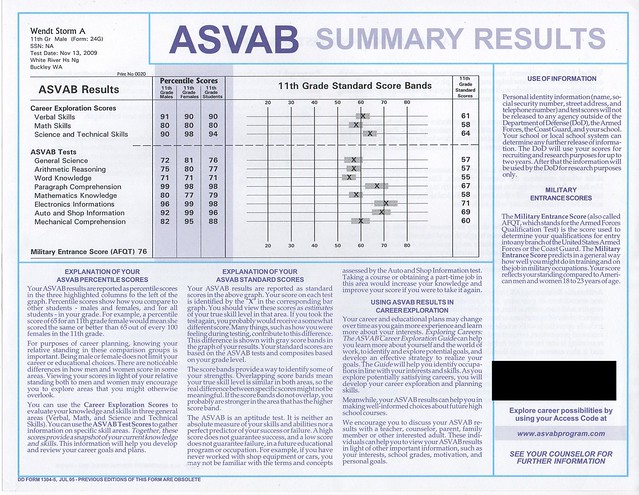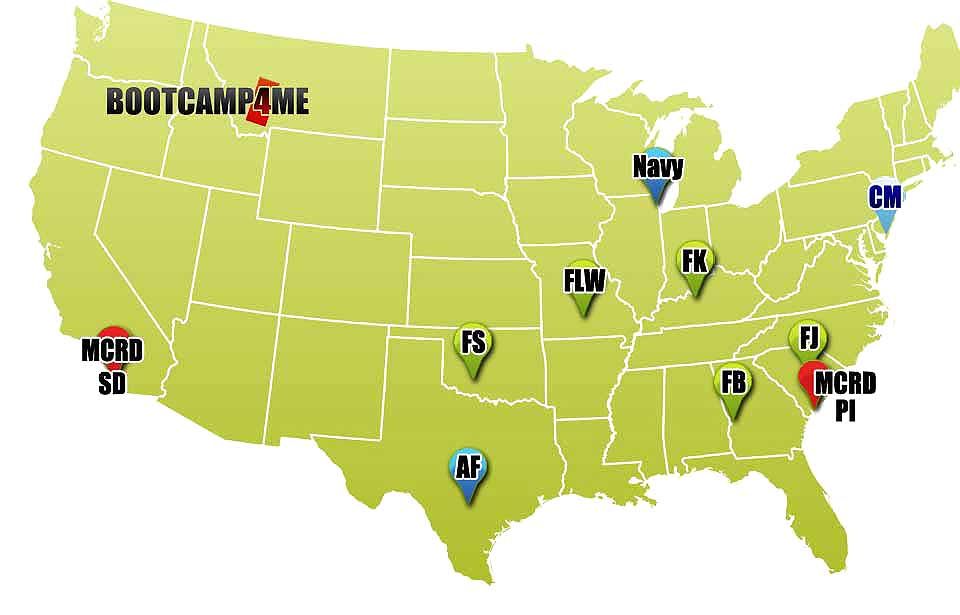ASVAB Scores for Air Force Jobs

Introduction to ASVAB Scores for Air Force Jobs

The Armed Services Vocational Aptitude Battery (ASVAB) is a multiple-choice test administered by the United States Military Entrance Processing Command. It is used to determine a person’s qualification for enlistment in the military. For individuals interested in joining the Air Force, understanding how ASVAB scores work and which scores are required for specific jobs is crucial. The Air Force uses ASVAB scores to determine an individual’s aptitude for various careers, known as Air Force Specialty Codes (AFSCs). Each AFSC has its own set of required ASVAB scores, making it essential for potential recruits to know which scores they need to achieve their career goals.
Understanding ASVAB Scores

ASVAB tests are divided into nine individual tests, each measuring a specific area of knowledge or skill. These areas include General Science, Arithmetic Reasoning, Word Knowledge, Paragraph Comprehension, Mathematics Knowledge, Electronics Information, Auto and Shop Information, Mechanical Comprehension, and Assembling Objects. The scores from these tests are then combined into several composite scores, known as line scores, which are used for job qualification purposes. For the Air Force, the main composite scores used are:
- General (G): A combination of Paragraph Comprehension and Word Knowledge tests, indicating verbal ability.
- Electrical (E): Derived from the General Science, Mathematics Knowledge, and Electronics Information tests, reflecting electrical and technical aptitude.
- Administrative (A): Comprises the Numerical Operations, Coding Speed, and Administrative tests, though for ASVAB purposes, it primarily reflects arithmetic reasoning and mathematics knowledge.
- Mechanical (M): Includes Mechanical Comprehension and Auto and Shop Information, measuring mechanical aptitude.
- Combat ©: Reflects skills related to combat situations, derived from the Auto and Shop Information and Mechanical Comprehension tests.
Air Force Specialty Codes (AFSCs) and Required ASVAB Scores

Each Air Force job, or AFSC, has specific ASVAB score requirements. These requirements can vary significantly from one job to another. For example, jobs in the communications and electronics field might require higher scores in the Electrical composite, while administrative positions might require higher General scores. It’s critical for individuals to identify the AFSC they’re interested in and understand the required ASVAB scores for that role. Some examples of AFSCs and their required ASVAB scores include:
- 1A3X1 - Airborne Intelligence, Surveillance, and Reconnaissance (ISR) Operations: Requires a minimum score of 44 in the General (G) composite.
- 1T3X1 - Survival, Evasion, Resistance, and Escape (SERE) Operations: Typically requires a minimum score of 40 in the General (G) composite.
- 3E3X1 - Electrical Systems: Requires a minimum score of 50 in the Electrical (E) composite and 40 in the Mechanical (M) composite.
Preparing for the ASVAB Test

Preparation is key to achieving the required ASVAB scores for a desired Air Force job. Potential recruits can prepare by: - Studying: Reviewing the subjects covered by the ASVAB, especially in areas where they need improvement. - Practicing: Utilizing practice tests to become familiar with the test format and to assess current knowledge levels. - Improving: Focusing on improving weak areas through targeted study and practice.
Interpreting ASVAB Scores

ASVAB scores are presented as percentiles, ranking the test-taker against a large sample of American youth who took the test as part of a reference group. A percentile score of 50 indicates average performance, while scores above 50 indicate performance better than the average, and scores below 50 indicate performance worse than the average. Understanding how these percentiles translate to specific job qualifications is essential for career planning within the Air Force.
📝 Note: The actual ASVAB scores required for Air Force jobs can change, so it's crucial to check the most current information available when planning a military career.
Conclusion and Future Steps

Achieving the required ASVAB scores for an Air Force job involves understanding the scoring system, identifying the necessary scores for the desired career, and preparing effectively for the test. By focusing on these areas and maintaining a strong understanding of the ASVAB and its role in Air Force career selection, individuals can better navigate the enlistment process and set themselves up for success in their chosen field. Whether aiming for a role in electronics, administration, or another area, understanding and achieving the necessary ASVAB scores is the first step towards a fulfilling career in the Air Force.
What is the ASVAB test used for in the Air Force?

+
The ASVAB test is used by the Air Force to determine an individual’s qualification for enlistment and to identify which careers (Air Force Specialty Codes) they are eligible for based on their scores.
How do I prepare for the ASVAB test to join the Air Force?

+
Preparation for the ASVAB involves studying the subjects covered by the test, practicing with sample questions, and focusing on improving weak areas. Utilizing official study guides and online resources can be beneficial.
Can ASVAB scores affect my career advancement in the Air Force?

+
Yes, ASVAB scores can impact career advancement. Higher scores may qualify individuals for more jobs and can be a factor in selection for certain training programs or promotions, though they are not the sole determining factor.



